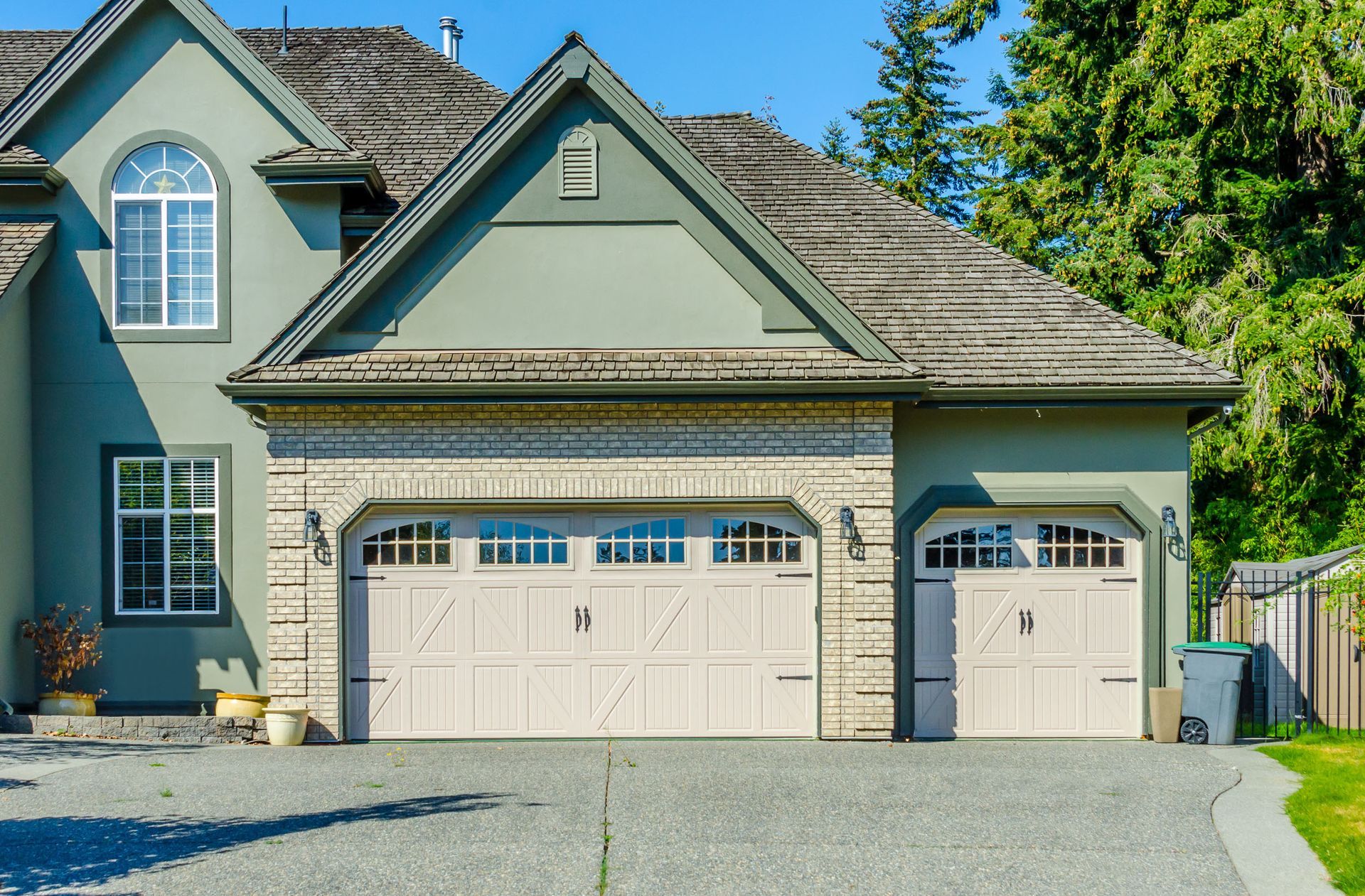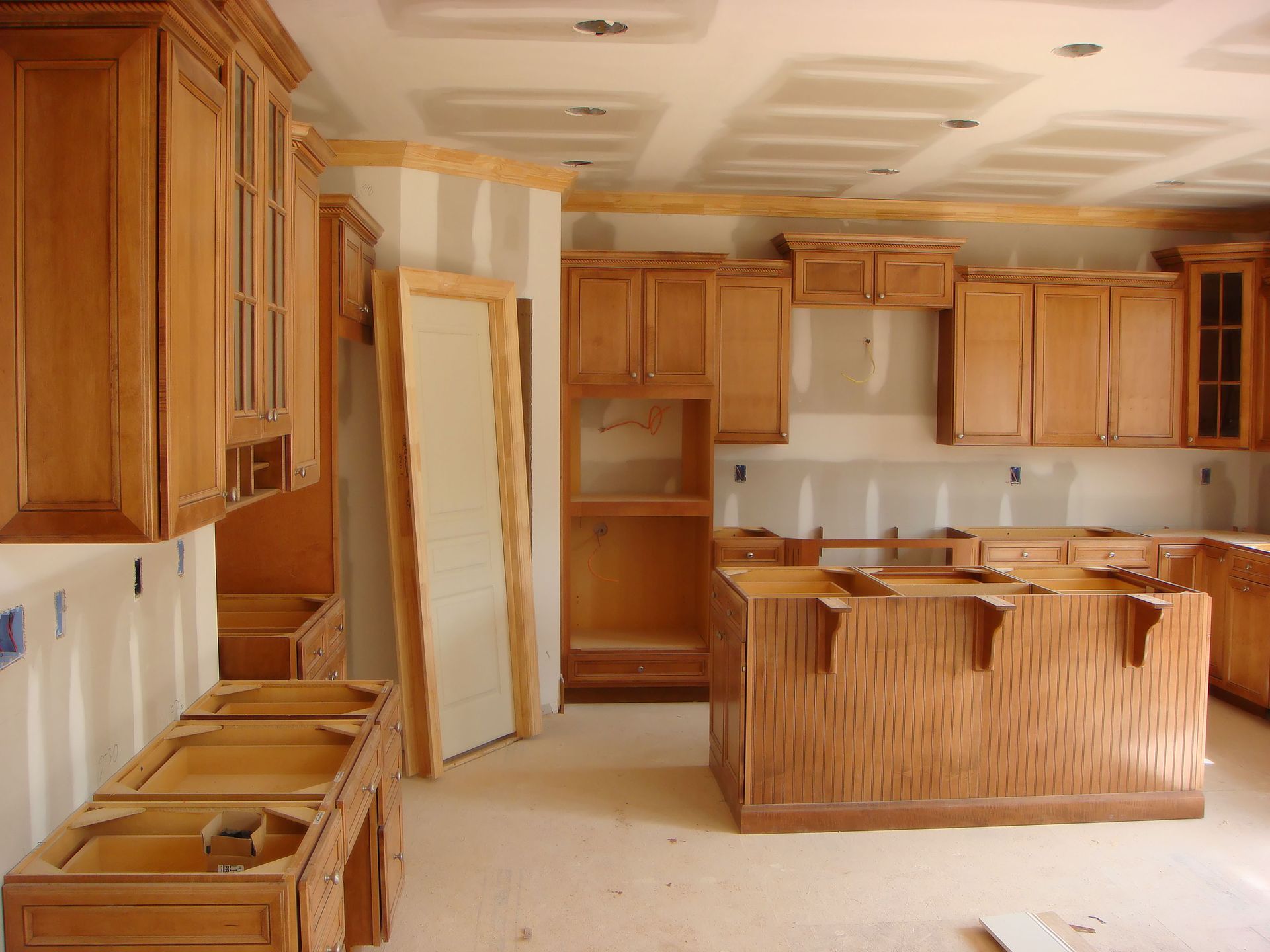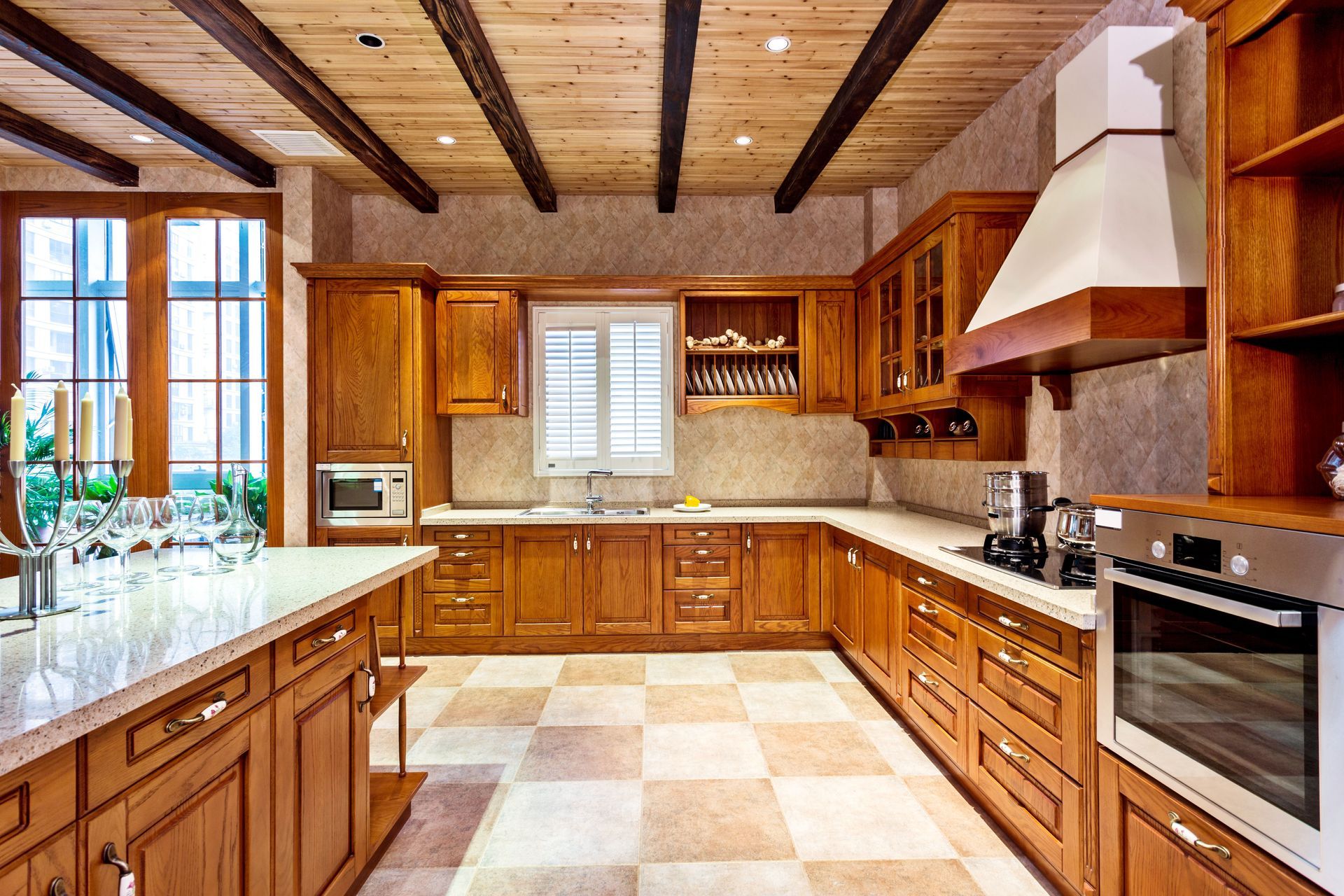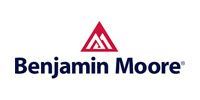November 24, 2025
The renovation industry in the United States is undergoing a significant transformation. This transformation is driven by technological advancements, changing consumer preferences, and new business models. As homeowners seek not only aesthetic upgrades but also functional improvements, renovation contractors must navigate a landscape that is both challenging and full of opportunity. The role of technology cannot be overstated, as it allows for greater precision, efficiency, and creativity in renovation projects. This article explores the future of renovation contractors and the emerging trends that will shape the industry over the next decade.
Technological Advancements in Renovation
Smart Home Integration
Smart home technology is revolutionizing how renovations are conceived and executed. Offering convenience and enhanced control, devices such as smart thermostats, lights, and security systems are becoming standard in home renovations. The integration of these devices not only adds value but also increases energy efficiency and enhances the sustainability of homes. Contractors who embrace smart home technology set themselves apart, attracting tech-savvy homeowners who desire seamless connectivity. This trend represents both an opportunity and a challenge, as a comprehensive understanding of smart home ecosystems is required to execute these projects successfully.
3D Printing and Prefabrication
3D printing and prefabrication are pivotal to innovation in the renovation industry, offering new ways to streamline construction processes. By allowing for the creation of complex, customized building components, these technologies reduce waste and lead to faster project completions. Prefabrication involves constructing building sections in a controlled environment before assembling them on-site, which minimizes disruptions to homeowners. This approach not only enhances efficiency but also provides higher-quality finishes, as components are built under consistent conditions. Contractors adopting these technologies can offer unique benefits to clients, improving both the cost-efficiency and quality of renovations.
Virtual Reality for Design Visualization
Virtual reality (VR) is transforming the design phase of renovation projects, offering immersive experiences that allow homeowners to visualize alterations before they occur. VR technology enables clients to explore design options and make informed decisions by experiencing their future spaces in a 3D environment. This reduces the likelihood of dissatisfaction or costly changes mid-project. Contractors employing VR are better equipped to communicate design intentions and foster client engagement, ultimately leading to more successful project outcomes. Architectural Digest reports that around 84% of homeowners are more inclined to spend time in their upgraded homes after completing a remodeling project, highlighting the importance of effective design visualization in achieving satisfaction.
Building Information Modeling (BIM)
Building Information Modeling (BIM) is an advanced process that provides detailed digital representations of physical and functional characteristics of a space. It facilitates improved coordination among stakeholders by serving as a shared knowledge resource throughout the project's lifecycle. BIM enhances precision, reduces errors, and fosters efficient collaboration, all of which are crucial for successful renovations. Contractors who implement BIM can deliver projects on time and within budget, providing high-quality results that meet customers' expectations. As the renovation industry becomes more complex, BIM's role in driving informed decision-making and project efficiency continues to grow.
Sustainable and Eco-Friendly Materials
With environmental concerns taking center stage, the demand for sustainable and eco-friendly materials in renovation projects is increasing significantly. Homeowners are opting for products that are not only aesthetically pleasing but also reduce environmental impact and enhance indoor air quality. These materials may include recycled content, low-VOC finishes, and energy-efficient solutions, among others. Contractors who prioritize sustainability are aligning themselves with consumer values, allowing them to connect with environmentally conscious clients and promote long-term resource management. As these trends accelerate, the adoption of sustainable practices will be an essential differentiator in the competitive renovation landscape.
Impact of Changing Consumer Preferences
The Rise of Customization
The modern homeowner desires a space that reflects their individual tastes, propelling the trend towards customization in renovations. This demand extends beyond aesthetic appeal, influencing the functional aspects of design to meet unique lifestyle needs. Successful contractors are those who offer personalization, allowing clients to choose from a diverse array of styles, finishes, and technologies. With customization becoming a key driver of satisfaction, the capability to deliver tailored solutions effectively enhances client engagement and loyalty. Furthermore, the rise of customization is closely linked to innovation, as contractors seek novel ways to offer differentiated services and products.
Demand for Energy Efficiency
Energy efficiency remains a top priority for many homeowners seeking renovations, driven by both environmental responsibility and cost savings. Implementing energy-efficient solutions, such as advanced insulation, high-efficiency HVAC systems, and energy-saving windows, reduces utility bills and decreases a home's carbon footprint. Contractors who specialize in this area can offer significant benefits, as energy-efficient upgrades are often eligible for tax credits and rebates. Furthermore, energy-efficient homes contribute to overall well-being by maintaining comfortable temperatures and ensuring high indoor air quality. As environmental consciousness continues to rise, energy efficiency is poised to remain a significant focus in the renovation industry.
Increased Focus on Indoor Wellness
The design of healthier living environments is coming to the forefront of renovation considerations, influencing both material choices and architectural layouts. This focus encompasses aspects such as natural lighting, air quality, and noise reduction, fostering spaces that promote physical and mental well-being. Contractors who are attuned to indoor wellness trends are able to incorporate features such as air filtration systems, soundproofing materials, and biophilic designs. The rise of indoor wellness is shaping how spaces are conceptualized, catering to a growing demographic that values holistic health and comfort. As more homeowners recognize the connection between their living environment and their health, the demand for wellness-focused renovations is expected to grow.
Shift Toward Minimalistic Designs
Minimalism has emerged as a significant trend within the renovation industry, characterized by simplicity, functionality, and clean lines. This design philosophy emphasizes decluttering, opting for quality over quantity, and creating spaces that offer tranquility and focus. Minimalism's growth reflects a broader cultural shift toward sustainable living, influencing everything from furniture design to material selections. Contractors who excel in minimalistic designs focus on optimizing space, enhancing natural light, and integrating multifunctional elements. The appeal of minimalism is its ability to transform environments into streamlined sanctuaries, appealing to homeowners who value both aesthetics and practicality.
The Popularity of Outdoor Living Spaces
Outdoor living spaces have become a central aspect of home renovations, with homeowners looking to extend their living areas to the great outdoors. Features such as outdoor kitchens, seating, and entertainment areas are in high demand, driven by a desire to enhance the property's functionality and value. The popularity of these spaces is connected to lifestyle trends, with homeowners embracing the opportunity for leisure, relaxation, and social gatherings outside. Contractors who specialize in outdoor renovations not only diversify their service offerings but also tap into a lucrative market segment. The trend acknowledges the importance of creating cohesive, harmonious environments that blend indoor and outdoor living.
New Business Models and Strategies
Subscription-Based Services
The emergence of subscription-based models in the renovation industry marks a shift from traditional one-time projects to ongoing service relationships. These models offer homeowners continued support with maintenance, upgrades, and consulting services, providing a steady revenue stream for contractors. According to Architectural Digest, around 84% of homeowners were more inclined to spend time in their upgraded homes after completing a remodeling project. Subscription services foster stronger client relationships, allowing contractors to ensure homes remain up-to-date and well-maintained throughout ownership. This approach aligns with evolving consumer behaviors, with many seeking convenience and long-term value. As subscription services reshape various industries, the renovation sector's adaptation of these models demonstrates its willingness to innovate and remain competitive. Be sure to reach out to Diamond Remodels today for more information on our professional renovation contractors!





